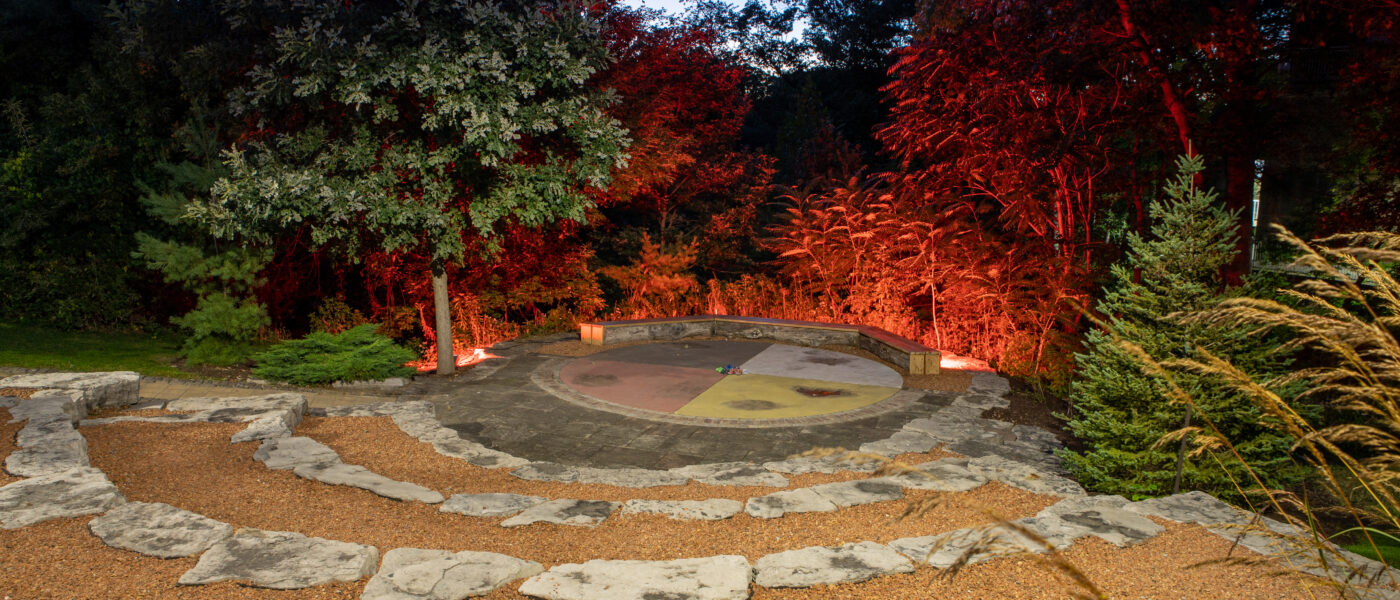In 2021, the National Day for Truth and Reconciliation was established by the Parliament of Canada in response to Call to Action 80 of the Truth and Reconciliation Commission’s final report A 2023 report by the Yellowhead Institute provided an update on the status of the Calls to Action and found that of the 94 Calls to Action, 81 Calls remain unfulfilled. As we mark the Day for Truth and Reconciliation, and engage with the resources compiled and events organized in its honour, we must continue to truthfully examine the roles that scientists must play in responding to the Calls to Action.
In the Faculty of Science, we recognize that our teaching and research is centred primarily in Western thought and practices, and have excluded Indigenous ways of knowing. Western science has long benefited from Indigenous knowledge, and Indigenous sciences of environmental conservation and management, in particular. Indeed, there continues to be appropriation and extractive interactions with Indigenous communities, which hold and inculcate Traditional Ecological Knowledge (TEK).
In our Faculty, discussion and reflection, albeit nascent, are elucidating the powerful perspectives that Indigenous sciences impart to both research and the curriculum. We are taking a consultative, collaborative approach centred on reciprocity, humility, ethics, and learning to advance Indigenous priorities in the Faculty. Our approach seeks to establish and sustain collaborations and communication with Indigenous offices and scholars, and in this way, ensure that Indigenous priorities, knowledge and perspectives are integral to decision-making processes in the Faculty of Science. Indigenous offices include but are not restricted to the Indigenous Education Council (IEC), the Department of Indigenous Studies, McMaster Indigenous Research Institute (MIRI), Indigenous Student Services (ISS) and the Office of the Associate Dean, Indigenous Health in the Faculty of Health Sciences.
A persistent message emerges from these conversations and learning, that our efforts must extend over more than just one day, and that they move beyond well-articulated intentions to tangible and sustained action. As we aspire to this goal, we will continue to seek, enable and participate in collaborations with Indigenous colleagues and students, engage in Indigenous-led STEAM Think Tanks, land-based workshops and TEK summits. We will contribute to outreach and transition programs for Indigenous students and curriculum development, create opportunities for awareness and education including seminars and screenings, and celebrate colleagues who highlight Indigenous sciences. In this work, we will continue to be guided by Indigenous colleagues, community members and students as well as documents such as the Indigenous Strategic Document from the Indigenous Education Council and the McMaster Indigenous Research Institute.
There is much to be done.
We have also established connections with Indigenous Student Services, participating in their Gaodadeihwahni:ya:s Transition Program, and considering opportunities for partnership with our MePLUS outreach programme. Other projects and events – such as the Art Installation by Natalie King – are part of the Faculty’s ongoing efforts to advance Indigenous knowledge, wisdom and culture.

